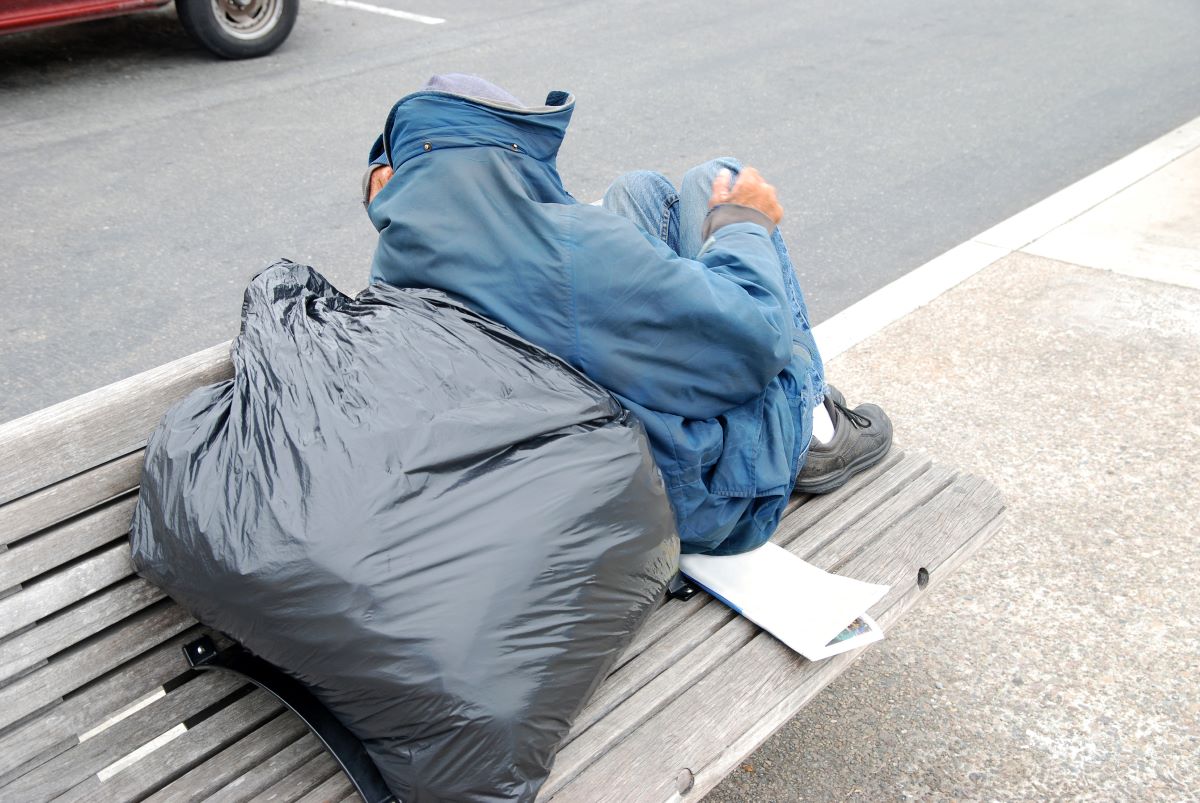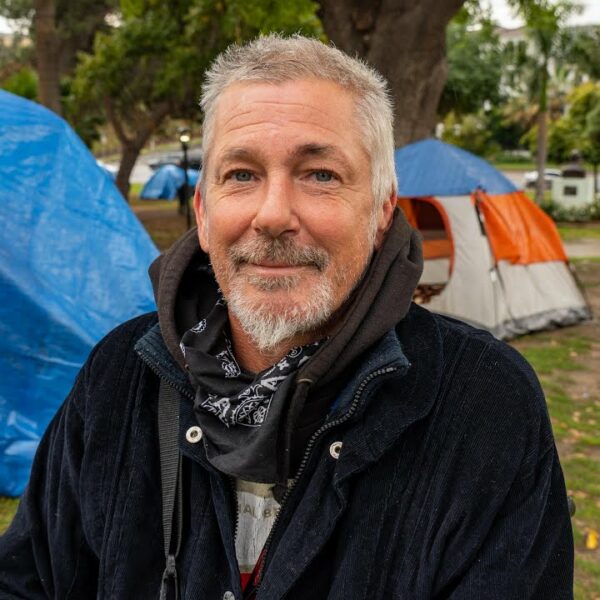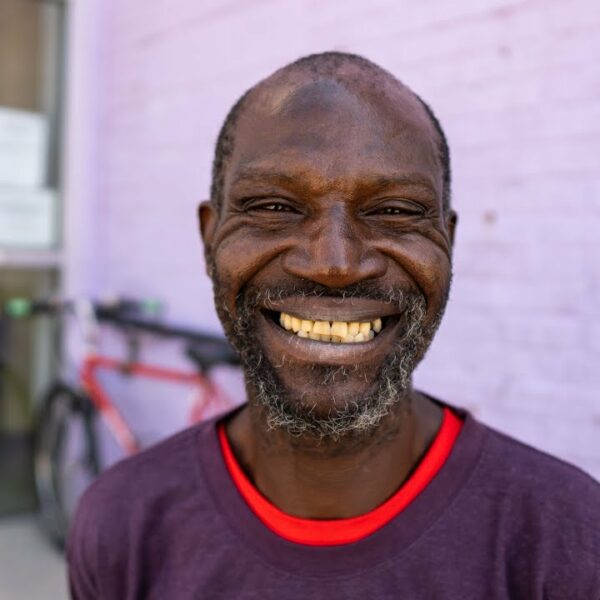Housing, Not Handcuffs: A Call to End the Criminalization of Homelessness
Moving through the New York City shelter system feels a lot like a conviction or punishment for a crime I did not commit. My crime is homelessness.
In a city with exorbitant rent increases, it’s normal, or even expected, to work 2 to 3 jobs, maybe a couple of side hustles, and some freelancing here and there to get by. And still, it’s not enough. It wasn’t my fault I was homeless, but the city still treated me that way.
Homeless shelters felt like prisons, and in some cases, caseworkers felt like prison wards. That, of course, was not necessary – considering the multiple armed police officers and metal detectors at the front door.
Even before walking through those metal detectors, being pat down and searched, day in and day out, I felt like I had done something wrong. When I was questioned at HomeBase, seeking services, I felt like I had committed a crime for needing help. I felt the same way at the shelter intake and drop-in shelters operated by The Department of Homeless Services (DHS).
I was 26 years old and had just lost everything.
I was holding my entire life over my shoulder in a duffle bag. That already traumatic experience was only exacerbated by the lack of compassion from the systems designed to help me.
I was a recent college graduate, a tax-paying citizen, working multiple jobs, as I’ve continued to do, and I was being treated like a criminal. Or I guess I was being treated like any other homeless person. This isn’t surprising, but that doesn’t make it okay either.
I’ve seen so many homeless people cuffed and jailed, and so many friends lose their shelter placement for the most minor “crimes,” such as forgetting to sign for their beds that night. I’ve had friends locked out and made to sleep on the street because they missed their 10 pm curfew. I’ve seen them moved to an even worse shelter, with no kitchens, broken toilets, and rats, for a small mistake.
The criminalization of homelessness comes in so many forms.
It’s not just the attitudes and how homeless people are treated in shelters, or when they’re seeking life-saving services. It’s also the spikes on public park benches. It’s when communities make sitting or sleeping in public spaces illegal. It’s arresting homeless people for simply trying to survive. It’s homeless sweeps – what I believe is one of the most cruel types of homeless criminalization.
Homeless sweeps are the involuntary removal of homeless people or encampments, often resulting in towed vehicles, loss of belongings and shelter (tents), or even arrests. During a sweep, homeless people race to save their belongings.
If a homeless person living in their car has their vehicle towed, they’re now street homeless. An already vulnerable person is made more vulnerable through homeless sweeps.
A homeless person can lose their only form of shelter, their tent, and all their belongings, in a matter of minutes. And it’s not just losing critical items such as blankets, clothing, and medications. They also lose precious keepsakes, such as photographs of their families, birth certificates, and identification, making it much harder to secure services in the future.
What’s worse? It has no positive benefit whatsoever. Sure, some might suggest it’s necessary to “clean up the streets” but homeless people and their belongings are not trash. And forcefully moving homeless people from one area, only to sweep them again in the next, is nothing but cruel. There is simply no justification for it.
New York City tried to follow LA’s example by sweeping over 2,000 homeless people off city streets.
Unsurprisingly, an audit revealed that in 2022, New York City Mayor Eric Adams’ “cleanups” of homeless encampments were overwhelmingly unsuccessful at getting people into permanent housing or temporary shelter. Of the 2,308 people living in 161 homeless encampments swept by the city between March 21 and November 30, 2022, only three remained in permanent housing.
Instead of sweeps, we should utilize our taxpayer money on compassionate and tangible solutions that help us end homelessness instead of making it worse. We must stop punishing homeless people for simply trying to survive. Let’s not make their life harder, scarier, and more traumatizing than it already is.
Being homeless isn’t a crime! Not having a place to sit, sleep, or eat is not a crime. Being poor isn’t a crime. And we are no closer to solving homelessness if we continue to criminalize homelessness. We need Housing, Not Handcuffs, to end the criminalization of homelessness.
We must advocate for more housing and support services and stop homeless sweeps at the local level. At the same time, we must continue to pressure state and federal legislators. Your voice can help end homelessness. If we do not fix the affordable housing crisis, homelessness will worsen.













